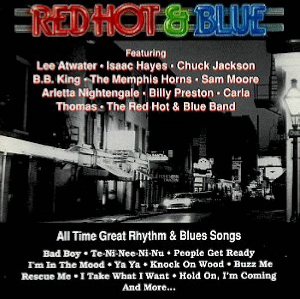
Red Hot & Blue is an album released in 1990 by Lee Atwater, a Republican political consultant in the United States. Atwater wanted to bring to a wider audience the sounds of 1960s Stax Records and southern R&B and blues. "Bad Boy" was released as a single. The title track was nominated for a Grammy Award.
The Bogmen are an indie rock band from Huntington, Long Island, New York. The band was formed in 1993 by Billy Campion, Bill Ryan, Brendan Ryan, Mark Wike, P.J. O'Connor and Clive Tucker. Although they were signed by major label Arista Records in 1995, they fell just short of mainstream success. Despite breaking up in 1999, they have reunited several times in order to raise money for charity, and have produced a DVD. They currently play a few times a year in New York City and the Long Island area.

13 Unlucky Numbers is the second album by Wax, and their major label debut. The album spawned the singles "California" and "Who is Next", both with music videos directed by Spike Jonze, who is also credited for the album's photography. "California" peaked at No. 28 on Billboard's Modern Rock Tracks chart; the video depicted a running man engulfed in flames.

Southern Steel is the fourth studio album by the American guitarist Steve Morse, released in 1991. "Cut to the Chase" appeared on the soundtrack to Ski Patrol. "Simple Simon" was a minor heavy metal radio hit. Morse promoted the album with a North American tour.

Time for a Witness is the fourth studio album by the American rock band the Feelies, released in 1991 on A&M/Coyote. The band supported the album with a North American tour.

I'm with You is an album by the American musician Delbert McClinton, released in 1990. It was his first studio album in nine years.
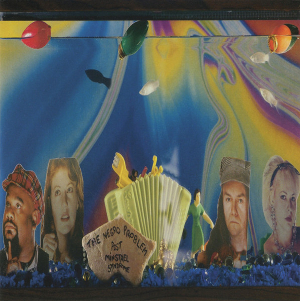
Post Minstrel Syndrome is the debut album by the American alternative rock band the Negro Problem, released in 1997.
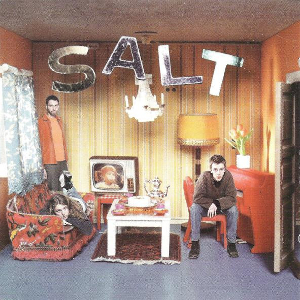
Auscultate is the debut album by the Swedish alternative rock band Salt. Island Records released the album in the United States in 1996.
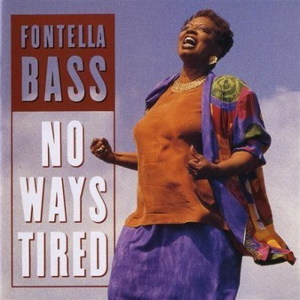
No Ways Tired is an album by the American soul musician Fontella Bass, released in 1995. Issued as part of Nonesuch's American Explorer Series, the album marked a return to Bass's beginnings in gospel.

A Piece of Your Soul is the second album by the American blues rock band Storyville, released in 1996. It was chosen as the album of the year at the Austin Music Awards.
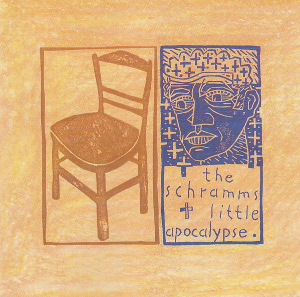
Little Apocalypse is an album by the American band the Schramms, released in 1994. It was the band's third album, and first to be released in the United States; their first two albums, initially released by a German label, were rereleased in the U.S. in early 1995.
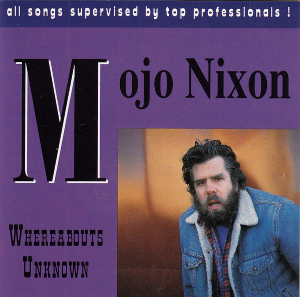
Whereabouts Unknown is an album by the American musician Mojo Nixon, released in 1995. Nixon supported the album by touring with his band, the Toadliquors.
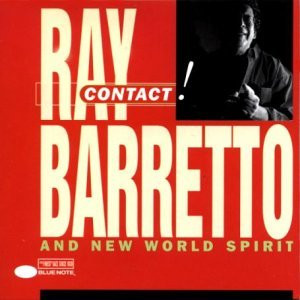
Contact! is an album by the American musician Ray Barretto, released in 1998. He is credited with his band, New World Spirit.
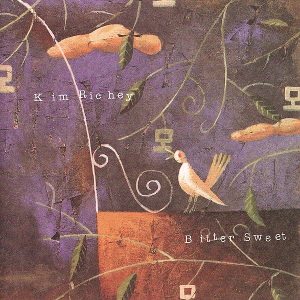
Bitter Sweet is the second album by the American musician Kim Richey, released in 1997.

Scared Straight is an album by the American band New Bomb Turks, released in 1996. It was the band's first album to be released in Canada. New Bomb Turks promoted the album with a North American tour.

The Message is an album by the Guinean-born Canadian musician Alpha Yaya Diallo. It was independently released in Canada in 1998, with an international release in 1999. The Message won a Juno Award, in the "Best Global Album" category. Diallo supported the album with a Canadian tour.

More Than Friends is an album by the South African musician Jonathan Butler, released in 1988. The title track was released as a single.
Midnight Rose's is an album by the American band Royal Crescent Mob, released in 1991. The first single was "Konk". The band supported the album with a North American tour. Royal Crescent Mob was dropped from Sire Records after the release of Midnight Rose's.
Old Enough is an album by the American musician Lou Ann Barton, released in 1982. It was a commercial disappointment, and Barton experienced personal and music business problems. The album was reissued in 1993 and in 2007.
Selling the Gold is an album by the American musician Elliott Murphy, released in Europe 1995. It was released in the United States in January 1996. Murphy, who had for years been selling better in Europe, shot a video for "Love to America". Murphy supported the album with a North American tour.















